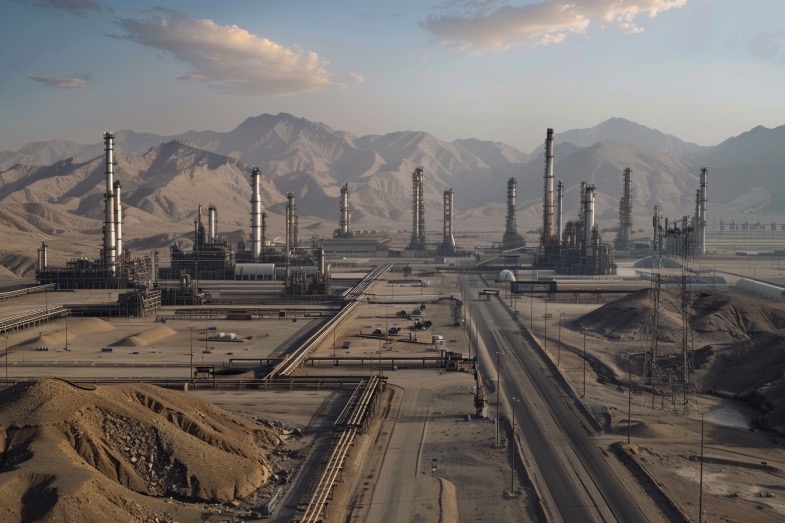Jakarta Women March Against Police Abuses and Government Spending
In a powerful display of dissent, hundreds of women clad in pink and armed with broomsticks marched to parliament in Indonesia’s bustling capital on Wednesday. Their mission: to protest against police misconduct and excessive government expenditures.
The demonstrations in Jakarta and other major cities have entered their second week, fueled by frustration over the rising cost of living and luxurious perks enjoyed by members of parliament. Tensions escalated following the tragic death of Affan Kurniawan, a young motorcycle taxi driver who was fatally struck by a police vehicle.
Amidst the escalating protests, President Prabowo Subianto made the decision to forego a trip to Beijing for China’s grand military parade. However, conflicting reports emerged when he was spotted posing for a group photo with Xi Jinping and Vladimir Putin on Wednesday.
Prior to his scheduled visit to China, President Prabowo had pledged to scale back benefits for lawmakers, a key grievance of the demonstrators.
During the rally, members of the Indonesian Women’s Alliance (IWA) donned pink attire and brandished broomsticks as a symbolic gesture to “sweep away the corruption within the state, militarism, and police oppression”. They also prominently displayed signs calling for police reform.
One protester, Mutiara Ika, emphasized to BBC Indonesia that “protests are not criminal acts, but rather fundamental democratic rights inherent to every citizen”.
The IWA, consisting of 90 women’s organizations, labor unions, human rights groups, and indigenous communities, has a long history of challenging oppressive regimes in Indonesia. Their bold activism played a pivotal role in previous protest movements, including the resistance against Suharto’s authoritarian regime leading up to the 1998 reform movement.
Emphasizing their courage, the IWA selected the color pink as their emblematic hue. In solidarity with Affan, some protesters opted for green, the color of his rideshare company uniform.
As online users adopt “hero green” and “brave pink” filters for their profile pictures, the United Nations’ human rights office has urged for swift and transparent investigations into alleged human rights violations during the protests in Jakarta.
Amidst the unrest, Amnesty International Indonesia’s Executive Director, Usman Hamid, stressed the urgency for the government to address the demonstrators’ demands to prevent further casualties.
The wave of protests in August resulted in at least 10 fatalities, with over 1,000 individuals hospitalized due to injuries sustained during the demonstrations, according to data from the Indonesian Legal Aid Foundation.
Expressing concern, the Chairperson of the National Human Rights Commission, Anis Hidayah, condemned the authorities’ use of violence throughout the protests and highlighted the limited avenues for dialogue.
President Prabowo’s announcement to curtail state-funded perks for politicians was met with cautious approval from protesters, with some advocating for more comprehensive reforms to address systemic issues of inequality and governance.
Former central co-ordinator for the All-Indonesian Students’ Union, Herianto, emphasized the need for substantive changes in policies affecting ordinary citizens, such as agriculture, education, and economic opportunities, to foster a more transparent and accountable governance system.
“The ultimate goal is to advocate for a governance structure that prioritizes the welfare and voices of the people,” he concluded in an interview with the BBC.



